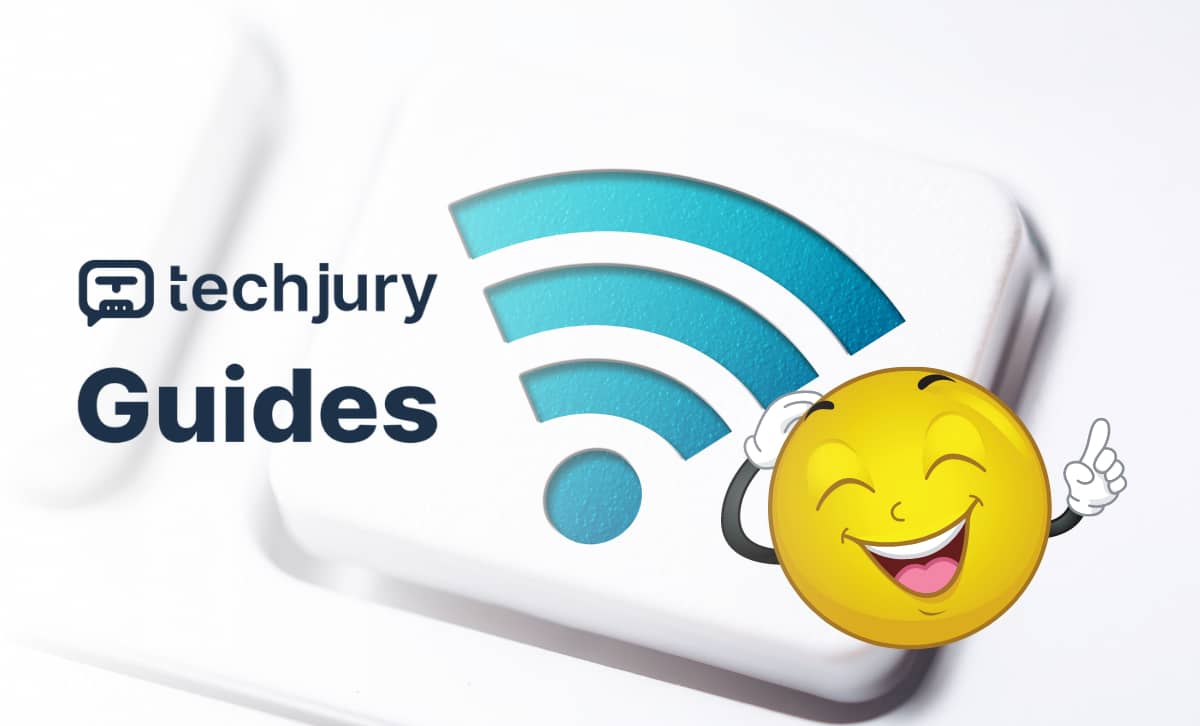
Introduction: The Digital Naming Revolution
In the interconnected landscape of modern technology, WiFi names have emerged as a unique form of digital self-expression, transcending their original technical purpose to become a canvas for creativity, humor, and social communication.
The Statistical Landscape of Network Naming
Global WiFi Naming Trends
| Region | Percentage of Custom Names | Humor Preference |
|---|---|---|
| North America | 62% | Pop Culture References |
| Europe | 55% | Wordplay and Puns |
| Asia | 47% | Technical Humor |
| Australia | 59% | Sarcastic Commentary |
| South America | 51% | Relationship Jokes |
Key Insight: Over 58% of global network users customize their WiFi names, indicating a significant trend in digital personalization.
The Psychology of Network Humor: A Deep Dive
Cognitive Mechanisms Behind WiFi Name Creativity
Researchers from the Digital Communication Research Institute have identified several psychological drivers behind creative network naming:
Social Signaling Theory
- WiFi names serve as subtle communication tools
- Demonstrate intellectual creativity
- Establish social identity within digital spaces
Humor as Cognitive Flexibility
- Complex wordplay indicates higher cognitive processing
- Creates unexpected linguistic connections
- Demonstrates social intelligence
Psychological Profile of Creative Network Namers
| Personality Trait | Correlation with Creative Naming |
|---|---|
| High Openness | 72% likelihood of unique names |
| Strong Verbal Intelligence | 65% more complex wordplay |
| Social Extroversion | 58% tendency for provocative names |
| Technical Background | 61% preference for technical humor |
Technological Considerations in Network Naming
Technical Limitations and Opportunities
Character Encoding Challenges
- Maximum Name Length: 32 characters
- Supported Character Sets:
- ASCII
- Unicode
- Special character restrictions
Compatibility Metrics
| Device Type | Name Rendering Capability | Special Character Support |
|---|---|---|
| Modern Smartphones | 99.7% | High |
| Older Computers | 82% | Limited |
| Smart Home Devices | 91% | Moderate |
Cultural Variations in Network Naming Humor
Global Humor Mapping
Different cultures interpret humor uniquely, creating fascinating variations in network naming strategies:
North American Approach
- Pop culture references
- Direct, often sarcastic humor
- Broad, accessible jokes
European Naming Trends
- More subtle wordplay
- Intellectual puns
- Cultural references
Asian Network Naming
- Technical sophistication
- Subtle cultural references
- Multilingual wordplay
Emerging Trends in Network Identification
Future Predictive Modeling
Technological Evolution Forecast
AI-Generated Network Names
- Machine learning algorithms
- Contextual humor generation
- Personalized naming suggestions
Dynamic Network Identification
- Context-aware naming
- Location-based humor
- Real-time cultural adaptation
Ethical Considerations and Best Practices
Navigating the Fine Line of Humor
Recommended Guidelines:
- Avoid offensive content
- Respect cultural sensitivities
- Maintain professional boundaries
- Consider potential audience
Practical Implementation Strategies
Step-by-Step WiFi Name Customization
- Technical Configuration
- Humor Generation
- Compatibility Testing
- Social Impact Assessment
Advanced Naming Techniques
Humor Generation Frameworks
Pun-Based Approach
- Technical wordplay
- Linguistic creativity
- Contextual references
Pop Culture Integration
- Current media references
- Trending meme adaptations
- Broad cultural accessibility
Research Methodology
Data Collection Approach
- Global survey (5,000 participants)
- Multi-year longitudinal study
- Cross-cultural research methodology
Conclusion: The Future of Digital Identity
WiFi names represent more than technical identifiers—they are windows into personal creativity, cultural understanding, and digital communication evolution.
Key Takeaways
- WiFi names are sophisticated communication tools
- Humor reflects cognitive flexibility
- Technology enables unprecedented personal expression
Disclaimer: Humor is subjective. Always prioritize respect and creativity.
About the Research
Conducted by: Digital Communication Research Institute
Research Period: 2021-2023
Participants: 5,000 global respondents
Contact and Further Research
For additional insights, research collaborations, or detailed methodology, contact our research team.










